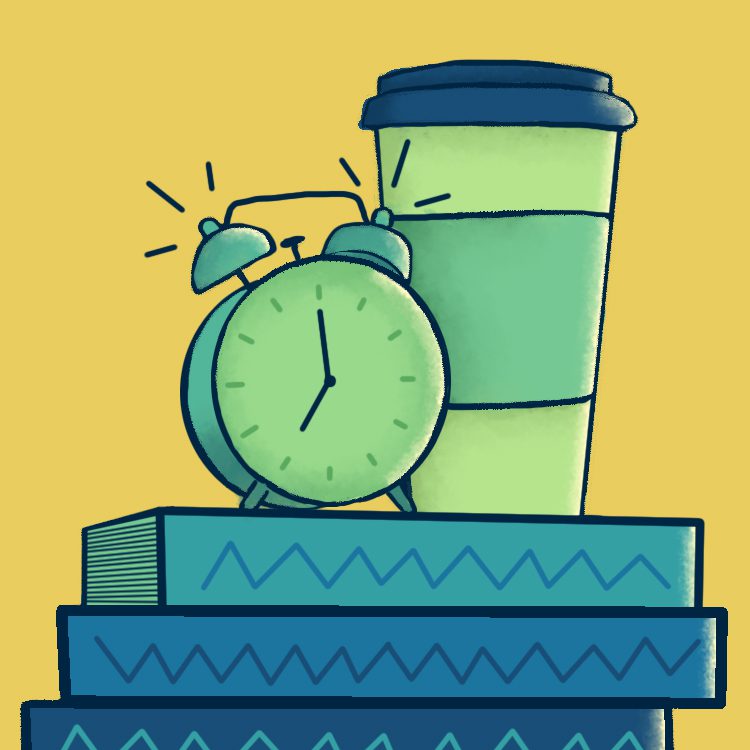My father immigrated from Spain to the United States of America in his late forties. He was a Renaissance-type man: multilingual, culturally astute, well-versed in world history and Spanish literature, a self-taught pianist, educator, and poet. Being fifty-two years older than me, our age gap, generational differences, and communication issues led to many misunderstandings. He had a difficult time assimilating to American culture, and I was a prime teen in the eighties. I adopted the role of pleaser to win his rare praises, but it was never enough. Compliments were few. As the patriarch, he led sternly and expected nothing less than perfection.
Writing was an escape from my rigid, sometimes stoic, home. Poetry was the genre I gravitated to perhaps because it was unstructured, evoked emotions, and incorporated rhythm. I told my father that I wanted to be a writer “when I grew up” but he responded that the idea was nonsense and that my only two options were to become a doctor or lawyer. It was after this conversation that I stopped sharing my poetry with him. For my father, doing well academically equated to success, and this took precedence over anything else. I defined my performances; in school, piano, tennis, and/or learning a third language, the result was synonymous with what I was going to be. This was the start of years of perfectionism, limiting beliefs, searching for belonging, and lacking self-love. Despite these obstacles, the love and respect I had for my father was immeasurable, as was the pain I felt when he passed away during my junior year of college.
One of the main inspirational leaders who helped me transform my thought processes is clinical researcher, professor, and author Dr. Brené Brown. She states that “courage starts with showing up and letting ourselves be seen.” I made a conscious choice to be seen, and in my forties, I started writing again. This eventually led to a retrograde analysis of my life, and this book was born. Roses and Thorns is a memoir-esque compilation of life stories written in prose poetry format that gives all of us permission to fear, fail, and feel pain. But it also embraces growth, evolution, and being multi-hyphenate. If I had waited for the messy to disappear from my life, I would have never enjoyed the beautiful.
Roses and Thorns is meant to inspire the reader to spark internal dialogue through the use of emotionally provoking poetry. Most of the poems in my book are personal stories. Some are raw and painful, like the thorns on a rose. I have known grief, failure, impossible self-imposted expectations, and emotional abuse. I also share beautiful moments of self-awareness, hope, appreciation, and evolution like the sprouting, colorful petals on a rose.
Life is beautiful, and life is messy. In a universe whose laws of energy constantly shift toward balance, it should be accepted that both can coexist. Normalizing vulnerability and sharing our stories, emotions, and thoughts is the spark to loving our lives and finding relatable connections.






